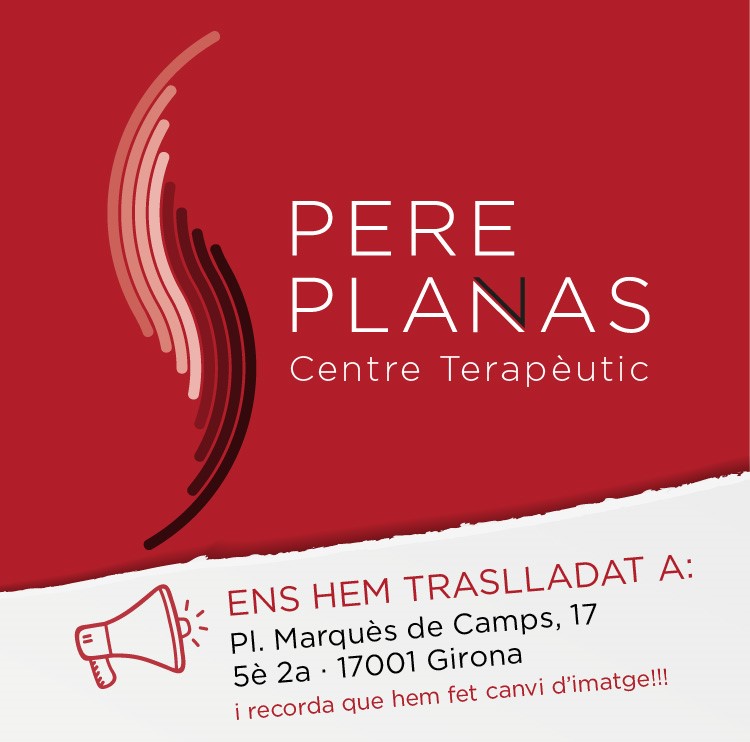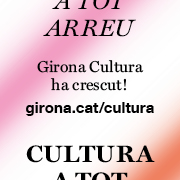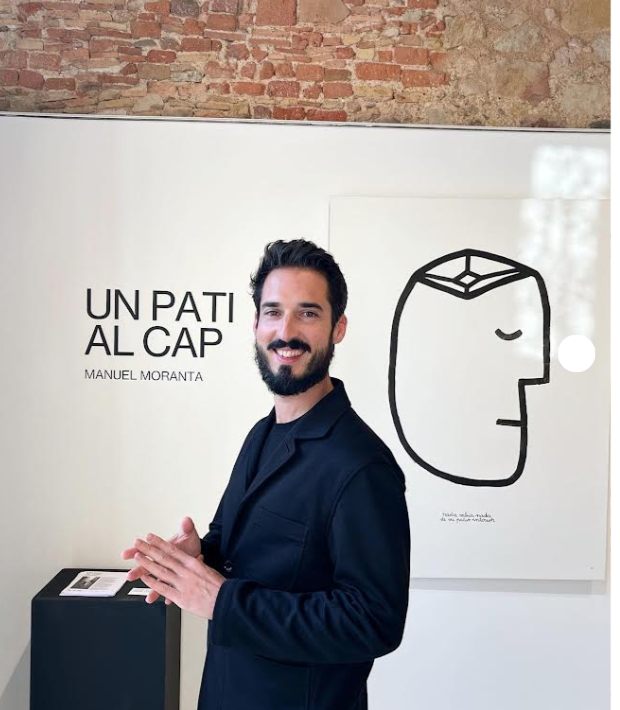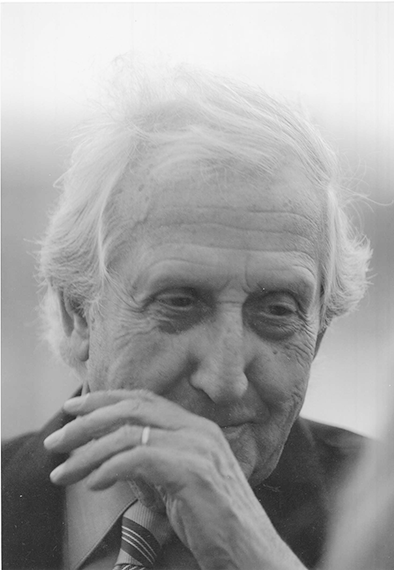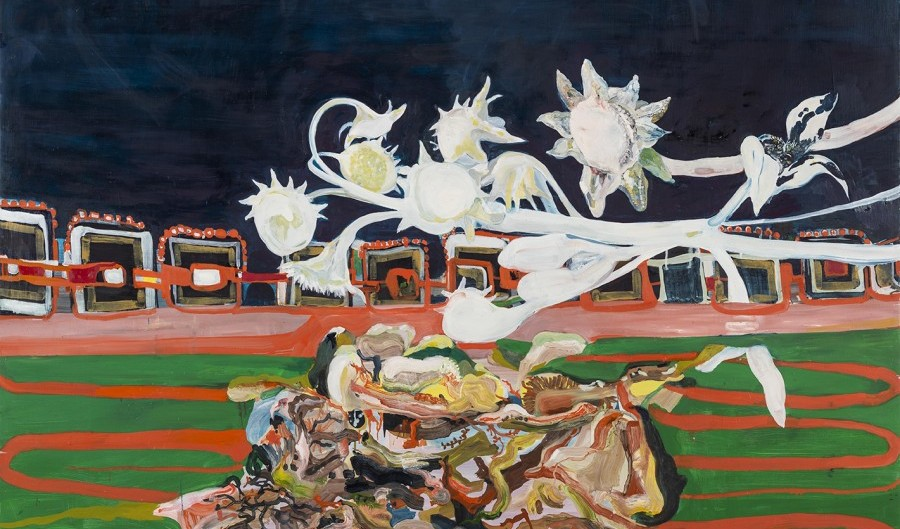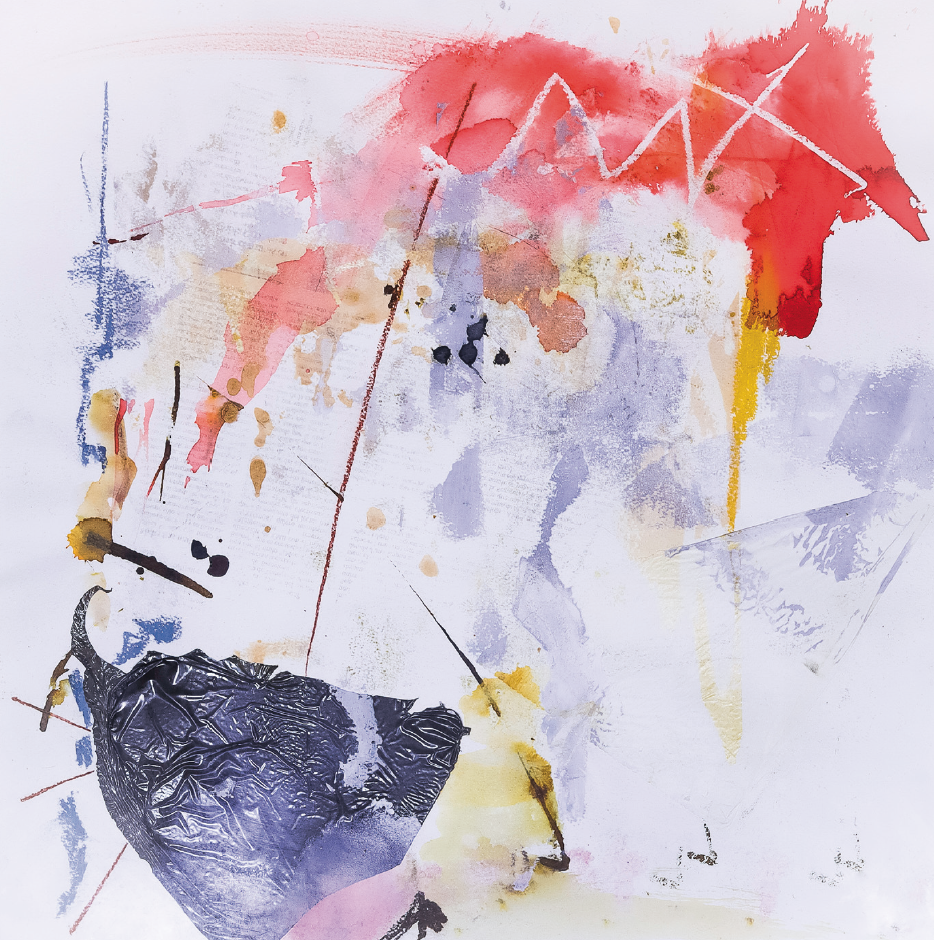News
The ACCA consults on the future Art Education Act
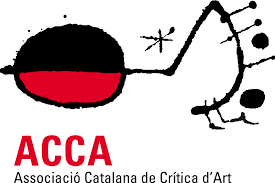
The draft law on higher artistic education (design, plastic arts, theatre, music, conservation and restoration, etc.), approved on February 21, 2023, is generating a debate among people in the sector that goes beyond its own borders of the educational system.
At the request of several partners, the ACCA has activated the action protocol against bad practices (PAAMP). Once the cause has been classified as "public and of critical debate online", and after internal information gathering work has been done, the ACCA sets out the main data they have been able to collect in order to expose the different positions that are being taken around this law and ask for the participation of its members, who can send, until April 17, their comments before drafting the ACCA's position on this matter.
The arguments presented are:
Against. On the one hand, there is the Conference of Faculties of Fine Arts whose 22 main arguments are that despite agreeing "that it is necessary to find a space that regulates the superior art educations that have been demanding solutions for years", they cannot to accept that "cracks occur against the university system" caused by the equalization of both types of studies (according to the president of the Conference, Alfonso Ruiz, "university education can only be offered at the university and we will not admit Under no circumstances should professional skills be confused with academic ones"). They also consider that if the law were to be approved, there is a possibility that the higher artistic educations and their teaching staff will not go through the processes of accreditation and verification of qualifications that are required in universities, which would create an unjustifiable grievance (the teaching staff university has a doctorate or they are research professors who must ratify their training and research capacity periodically). Finally, with respect to students, they insist that those who access university studies have completed high school studies and had to pass an entrance test.
In favor. On the other side, supporting the draft law, are the CoNCA and the Asociación Española de Centros Superiores de Enseñanzas Artísticas (ACESEA). As for the CoNCA, he states that the reaction of the Conference responds to "corporate interests" and that whatever the path, a solution must be found to the current destitution of artistic education (an alternative to the equalization proposed by the preliminary project of law could be – according to the CoNCA itself – the incorporation of artistic studies at the university through a specific regime that preserves the singularity of its nature). As for ACESEA, which represents 66 conservatories and higher schools of public and private artistic education, they do not understand the reaction of the Conference, since they consider that the preliminary project just reinforces the role of the university: "the novelty of the Law in in relation to the degrees, it is simply that, now yes, Bachelor's degrees in Higher Artistic Education (since in the case of the Master's in Higher Artistic Education already happened), they will have to go through verification and evaluation processes similar to the university students, as has already been done in some autonomous communities since 2013. Something that seems to have been overlooked from the statements made by certain faculties of Fine Arts, as it also seems to forget the fact that the aspirants to enter in the higher art centers, in addition to the Baccalaureate, they must pass specific tests that are much more demanding than those for access to the University". In addition, although the new law opens the door to doctorates specific to art education centers, these must "compulsorily be carried out in collaboration with the universities. The third cycle will thus become not only a profitable meeting point at an academic level, but a huge source of students who will go from degrees and masters in higher artistic education to these new university doctorates. As if that weren't enough, the Law further increases the flow of students who will go from higher artistic education to university, having established the requirement that to enter the new Corps of Professors in Higher Artistic Education you will need to have a doctorate, which was taught exclusively at the University. For these and many other reasons, it seems more than clear that the Arts Education Act is not only respectful of the University, but greatly favors it."
On the other hand, several members of the ACCA - linked to the educational centers - have commented that this preliminary project responds to the historical claim of the centers to raise the quality of their training, especially with the inclusion of research.


